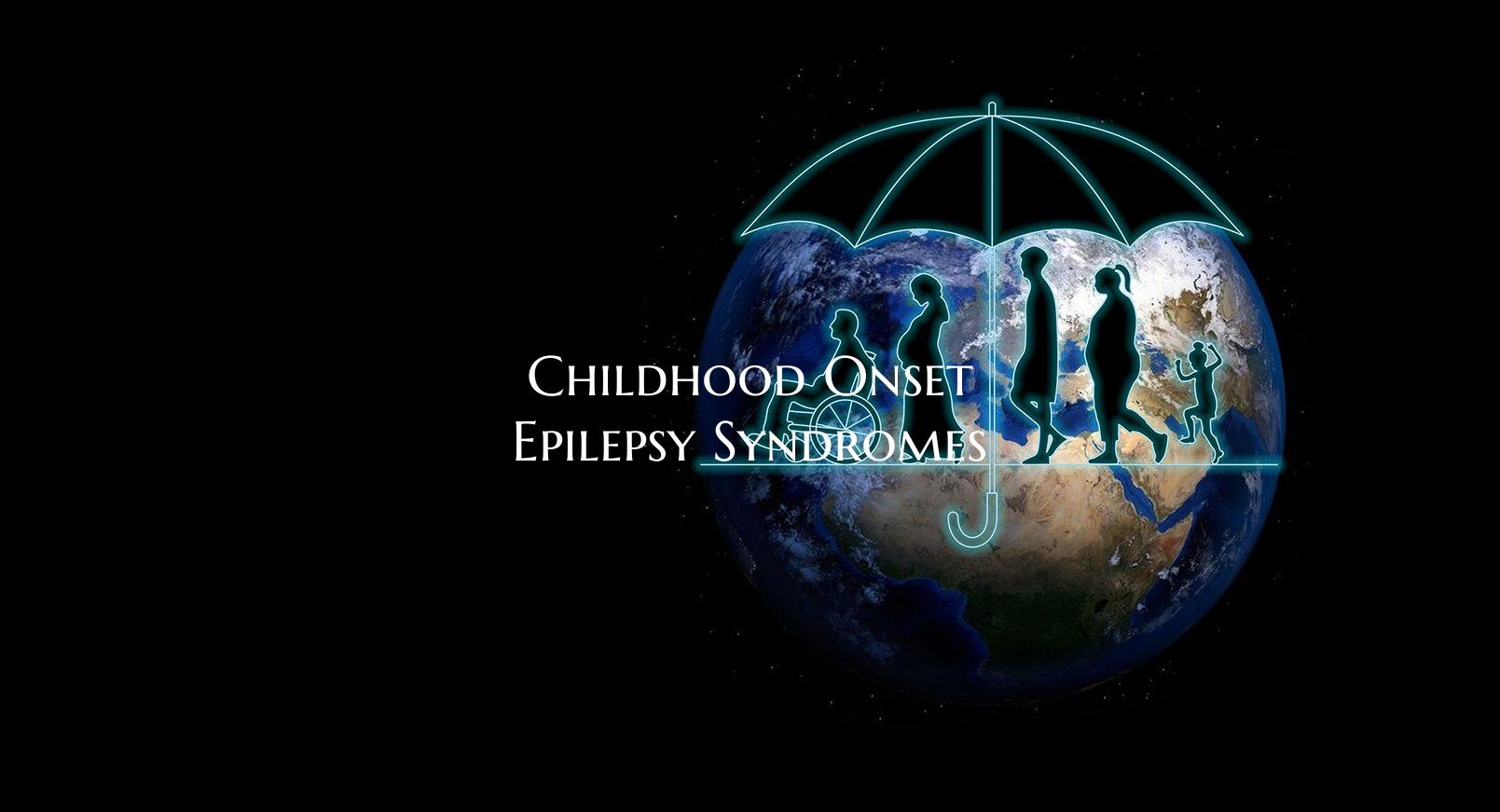
Childhood Onset Epilepsy Syndromes
Childhood Onset Epilepsy Syndromes: Understanding and Management
Childhood onset epilepsy syndromes are a group of neurological disorders that typically present in children before the age of 18. These syndromes are characterized by recurrent seizures and can have a significant impact on a child's development and quality of life.
There are various types of childhood onset epilepsy syndromes, each with its unique characteristics and treatment approaches. Some common syndromes include benign childhood epilepsy with centrotemporal spikes (BECTS), childhood absence epilepsy, juvenile myoclonic epilepsy, and Dravet syndrome.
Early diagnosis and appropriate management of childhood onset epilepsy syndromes are crucial in providing the best possible outcomes for affected children. Diagnosis is usually based on a combination of clinical history, electroencephalogram (EEG) findings, and imaging studies. Treatment may involve antiepileptic medications, dietary therapies (such as the ketogenic diet), and in some cases, surgery.
Managing childhood onset epilepsy syndromes requires a multidisciplinary approach involving pediatric neurologists, epileptologists, neuropsychologists, and other healthcare professionals. Regular monitoring and adjustments to treatment plans are necessary to optimize seizure control and minimize potential side effects of medications.
In addition to medical management, support and education for children with epilepsy and their families are essential. Educating caregivers, teachers, and peers about the condition can help create a supportive environment for the child to thrive.
Research into childhood onset epilepsy syndromes continues to advance our understanding of these conditions and improve treatment options. By raising awareness, promoting early detection, and providing comprehensive care, we can empower children with epilepsy to lead fulfilling lives despite the challenges posed by their condition.